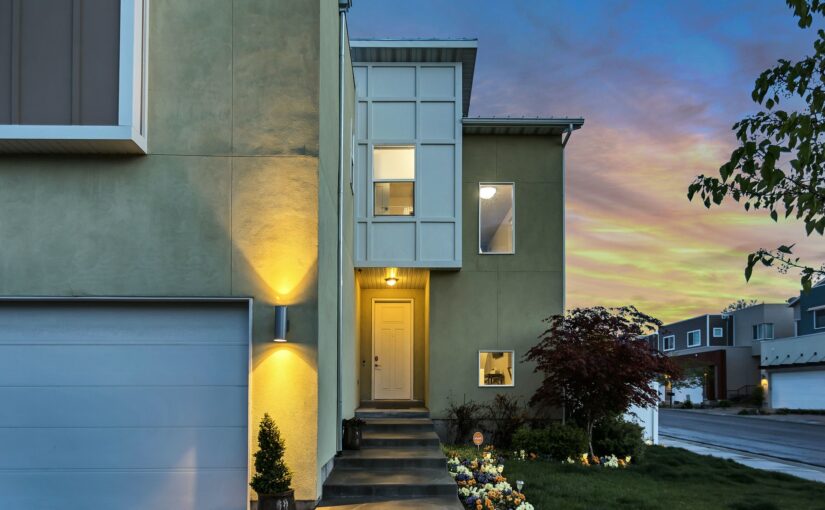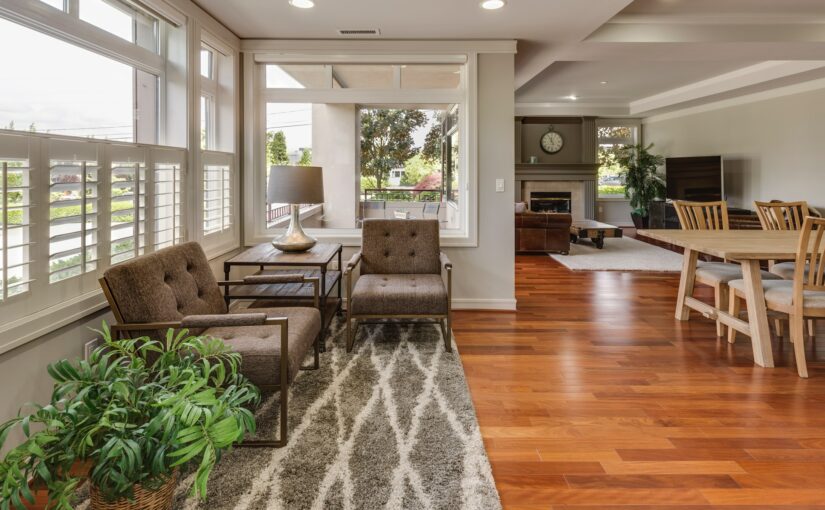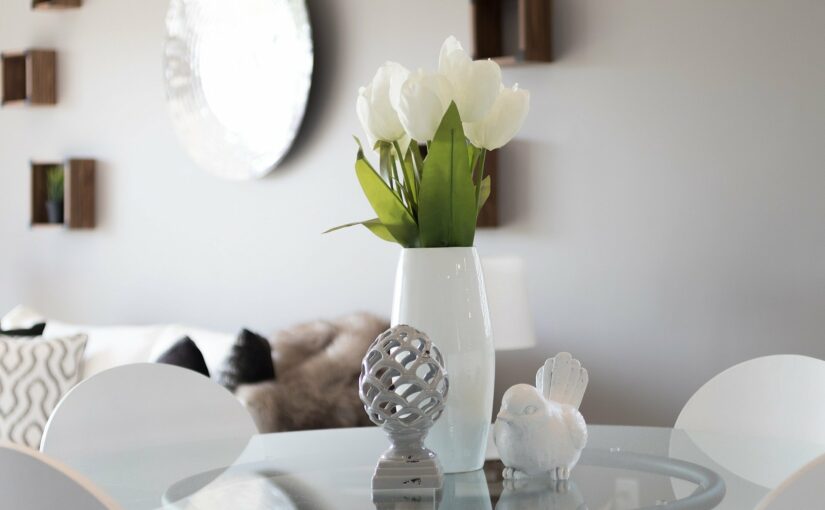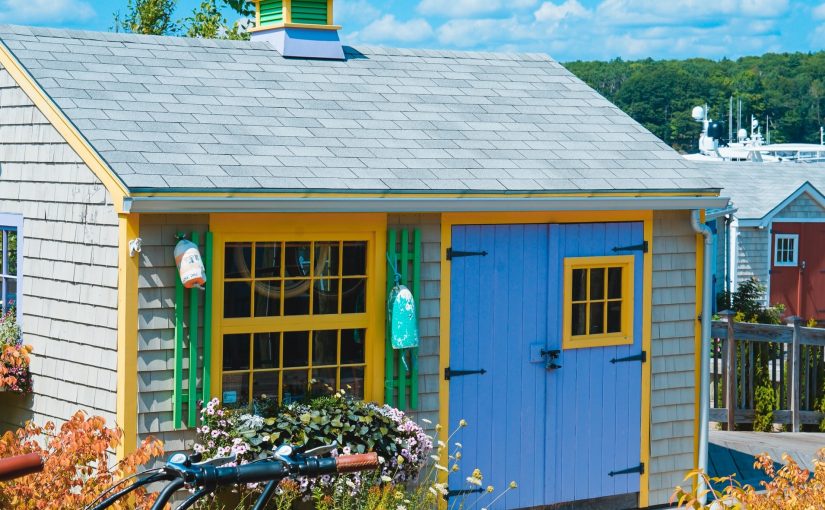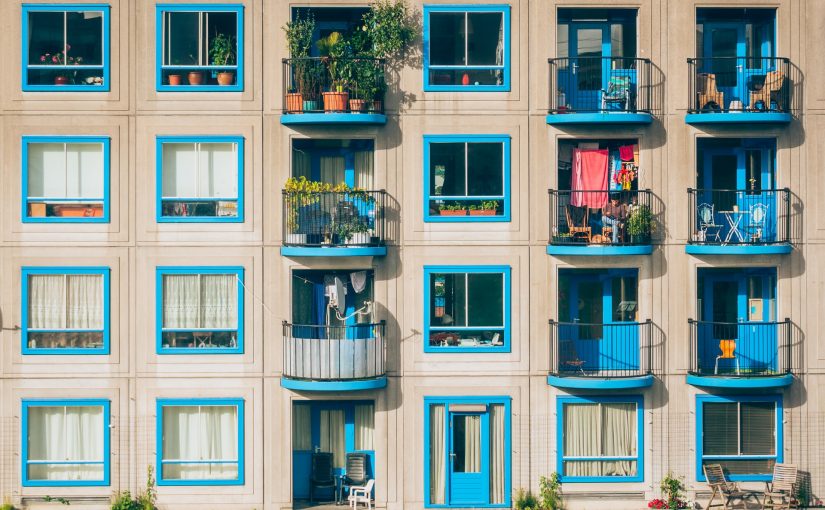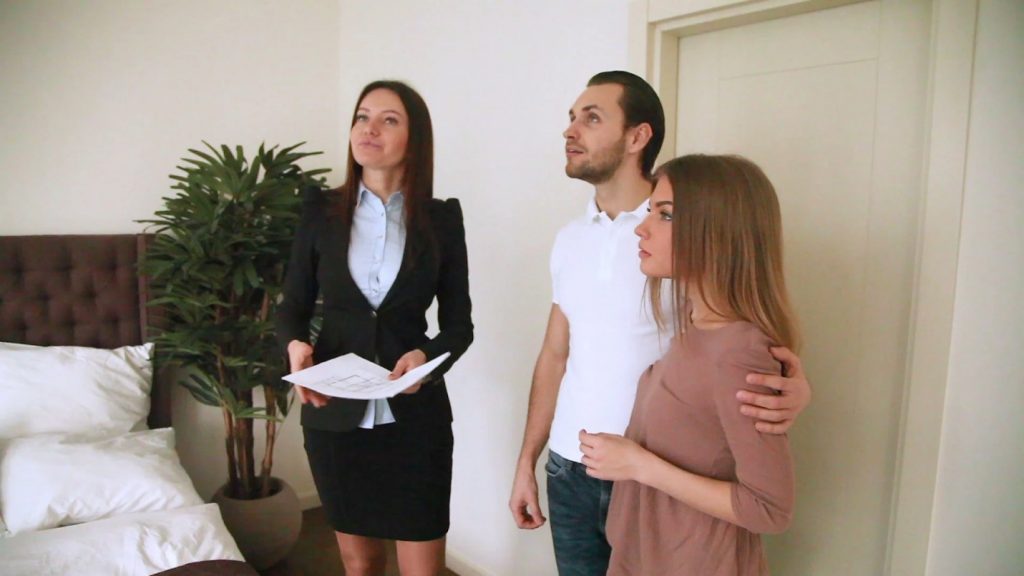Have you ever been to beautiful Turkey? If yes, then you might know where to buy property. But, if you have not, then the good news is that most places have impressive portfolios of villas and apartments. Not only this, you can get citizenship in Turkey by buying property in some of the beautiful places of Turkey.
Some of the areas within Turkey have become famous destinations for tourists and foreign buyers because of the excellent infrastructure, western-style attitudes, and easy access to airports. Before buying a property or constructing a home in Turkey, you should know that there is price fluctuation from place to place.
However, by hiring a reliable home improvement contractor, you can make sure that your project goes well and turns out exactly the way you wanted.
By the end of this article, you will know that buying property in Turkey is a good investment idea. Let’s look at a few of those beautiful places in detail.
Istanbul “The Heart of the Turkey”
Istanbul is one of the great cities on Earth. For thousands of years, this point where east meets west has been a crossroads of civilization.
Turkey bridges Asia and Europe. Part of Istanbul is in Europe and part in Asia. That is why it is the heart of the Turkish real estate industry, attracting foreign buyers worldwide.
Most buyers are interested in entering into the mass construction on the city’s outskirts. The reason behind that has modern living with the latest infrastructure of the city. You have also got a tremendous domestic economy in Istanbul.
Fethiye “Tourist’s Paradise”
Fethiye is an amazing harbour town on the southwestern coast of Turkey. It is popular because of its stunning natural beauty, attracting tourists and foreign investors. Green mountains, the blue Mediterranean Sea, and marvellous landscapes show the beauty of Mother Nature which includes Ghost Village, the sandy beach of Oludeniz, butterfly Valley and the world’s most famous Blue Lagoon.
The local government of Fethiye did a lot to change and improve the city over the years, including the hospitals, schools, and local amenities services. Because of the central hub of the Turkish Riviera, its environment gives every retiree’s dream of living in the Sun.
Yalikavak “Mega Yacht Haven”
I have been to Yalikavank many times; it is one of my favourite holiday places in Turkey. Yalikavak is a town on the Aegean Coast of Turkey near Bodrum. One of the significant commercial developments in town is the Yalikavak Marina. It is called a secret sleepy fishing village.
About 15 years ago, turkey changed its real estate laws. So, those foreign investors can buy property as well. As the prices were meagre, investors rushed to the country.
One of the significant trades of this city is tourism. Many locals speak English fluently, which makes daily living easy. You can live there without knowing Turkish. After the construction of Palmarina, it is known as the mega yacht haven.
Antalya “The Best of Everything”
Antalya is the central heart of Antalya Province in Turkey. It is amazingly scenic, located on Anatolia’s southwest coast surrounded by the beautiful Taurus Mountains. It is the fifth most populous city in Turkey. Sandy beaches like Lara, Konyaalti, and Kaputas are world-famous beaches in Turkey. Not only is this, Antalya airport the tourist’s air travel hub in the country. It is located on the Turkish Riviera because that it provides sailing tourism as well.
The elegant fluted tower of the bible Minera mosque shows that the footprint of the elders is not gone. You will see it is very much alive when you take a walk through the vibrant and narrow streets of the old town kalonji district. When you come out through Adrian’s gate, you’ll be greeted by the country’s fastest-growing metropole with a population of 2.5 million.
To me, having a home in Antalya is a unique opportunity to own a piece of this ever-growing and ever-changing mythical city with endless wonders.
Kalkan

Located in Turkey southwest, Kalkan is a peaceful Mediterranean gem that boasts outstanding views, crystal clear waters, and well-preserved nature and history. Being a good one and a half hour away from the nearest airport makes it a destination only understood and appreciated. It has a laid-back atmosphere, quality of housing, and holiday facilities that allow for a fantastic lifestyle.
The famous kaputosh beach is just a few miles drive aways to the south towards another beautiful town, Kosh. A window is the greek island of maze offering a taste of a different culture.
If you buy a property in Kalkan, you won’t regret it. To me, home in Kalkan will benefit from significant levels of privacy and peaceful surroundings because it is the town of serenity.
Bio

Abroo Murtaza is the one enthusiastic and passionate writer who loves to write about traveling based on the interest of exploring new places, reading about them and then delivering the knowledge through her pen. Moreover, Abroo is also fond of writing about technology trends, gadgets like latest, mobiles, cameras etc. She thus strives to provide accurate information and knowledge in respective areas of interest and educate people on real terms.

